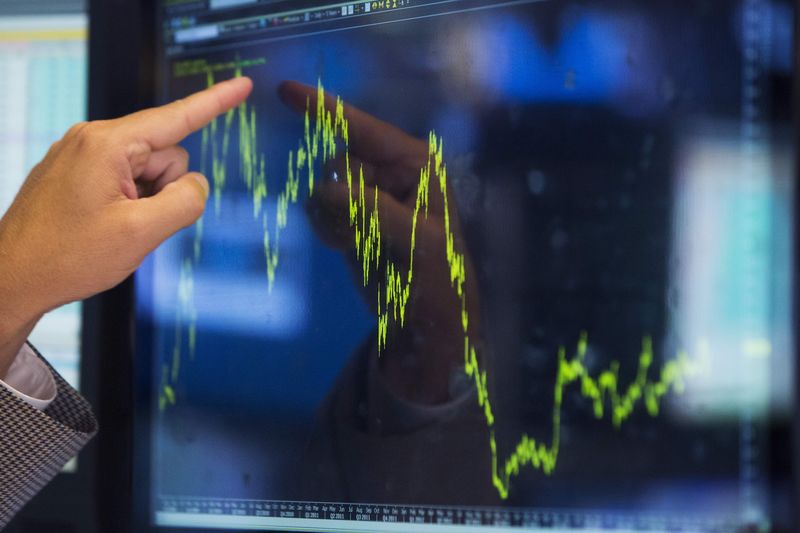Investing
Rakuten CEO touts Viber’s ability to counter Russian ‘fake news’ during Kyiv visit

© Reuters. FILE PHOTO: Hiroshi Mikitani, CEO of Rakuten, attends the annual Allen and Co. Sun Valley media conference in Sun Valley, Idaho, U.S., July 10, 2019. REUTERS/Brendan McDermid/File Photo
By Max Hunder
KYIV (Reuters) – Hiroshi Mikitani, the founder and chief executive of Rakuten Group (4755.T), on Saturday touted the ability of his company’s Viber messaging platform to counter Russian propaganda.
“Unlike other social media, we’ve made it crystal clear we’re going to block all these fake news and propaganda of Russia,” Mikitani told Reuters in a Zoom (NASDAQ:) interview during a visit to Kyiv.
The 58-year old was speaking after meeting senior Ukrainian officials earlier in the day as part of a group of Japanese business leaders accompanying Japan’s Foreign Minister Yoshimasa Hayashi on a visit to Ukraine’s capital.
“We met almost all ministers and they are building a future strategy… they have a macro-economic growth strategy, and I am very encouraged and impressed,” he said.
Viber, which launched in 2010 and was acquired by Rakuten in 2014, has a 98% market penetration rate in Ukraine. It is also popular in Russia.
Asked if the app had faced attempts to breach it by Russia, he said there had not been any breaches.
“We have never been breached by Russia in the past. Sometimes, way before the war, we had requests, which we rejected… we do not have any security concerns.”
Mikitani did not elaborate on what was requested or by whom, but said that Viber has never given any information to any government.
The billionaire entrepreneur has previously been vocal in his support for Ukraine and made a 1 billion yen ($6.77 million) donation to its government at the start of the invasion.
Rakuten has announced plans to work with Ukraine’s largest mobile operator, Kyivstar, to provide Open Radio Access Network (Open RAN) telecommunications technology that uses software to run network functions on the cloud, something Mikitani has touted as a technology of the future.
“All this hardware-based technology is the technology of maybe 2010,” he said. “Software is going to be much more efficient, total cost of operation will go down maybe 30% to 50%.”
($1 = 147.8100 yen)
Read the full article here

-

 Side Hustles3 days ago
Side Hustles3 days agoWhy the Best CEOs Think Like Anthropologists
-

 Side Hustles6 days ago
Side Hustles6 days agoLA Rental Prices Skyrocketing Despite Price Gouging Laws
-

 Make Money4 days ago
Make Money4 days agoEarn More in 2025: Top 10 High-Yield Savings Accounts Revealed
-

 Side Hustles6 days ago
Side Hustles6 days agoHow to Craft Marketing Campaigns That Reach Multiple Generations
-

 Passive Income4 days ago
Passive Income4 days agoHow Pets Can Promote Better Health and Well-Being in the Workplace
-

 Side Hustles4 days ago
Side Hustles4 days ago10 Roles That Are Surprisingly Well-Suited for Outsourcing
-

 Side Hustles4 days ago
Side Hustles4 days agoWhat to Do If TikTok is Banned — How to Protect Your Brand
-

 Side Hustles5 days ago
Side Hustles5 days agoMeta Is Laying Off 5% of Its Workforce: Read the Memo


















